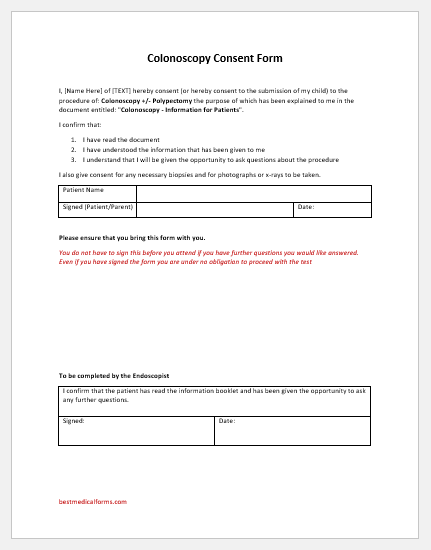Introduction to Colonoscopy:
Colonoscopy is an invasive medical procedure done by medical specialists in order to identify disorders related to the colon. The colon, also known as the large intestine, begins after the small intestine (ileum) and consists of four parts. These are ascending colon, descending colon, sigmoid colon, and transverse colon. The sigmoid colon leads to the rectum.
The visualization of the colon can identify and sometimes treat different disorders. Colonoscopy can identify disorders of the entire colon measuring about 1200 – 1500 mm in length.
Indications of Colonoscopy:
- Gastrointestinal bleeding
- Altered bowel habits (diarrhea or constipation)
- Iron deficiency anemia
- Family history of colorectal cancer
- Decompression
- Screening for colorectal cancer
- Inflammatory bowel disease
- Therapeutic indications for colonoscopy
Prerequisites of Colonoscopy:
Gut Preparation:
The colon should be free of fecal matter a few days prior to the procedure. According to recent advances, gut preparation starts two to four days before the colonoscopy. Only a semi-solid, low-fiber diet is allowed at first. After that only liquids are given, followed by clear fluids that are allowed one day before surgery. Enema is given one night before the procedure. Inadequate bowel preparation leads to false results.
Procedure:
The patient is positioned to lie on an examination table on his left side. An intravenous catheter is inserted through which a sedative is injected. A flexible (fiber-optic camera) endoscope is introduced through the anus and advanced to the level of the distal ileum. Its diameter is usually around half an inch.
The colonoscope bears a light and a camera at its tip which allows visualization of the large bowel and distal part of the small bowel. It may be used to diagnose and treat different disorders of the colon. It may cause discomfort, but the procedure takes about 30 minutes only.
However, if a therapeutic colonoscopy is done, it may take longer depending upon the disease and intervention required for it for instance colon polyps, which require removal.
The American Cancer Society’s recommendations are:
- Colonoscopy after 50 years of age in both men and women
- Flexible sigmoidoscopy every 5 years
- Colonoscopy every 10 years or double-contrast barium enema 5 yearly
- CT colonography 5 yearly
- A yearly fecal occult blood test
- Fecal immunochemical test every year
- Fecal DNA test 3 yearly
Complications Associated with Colonoscopy:
Complications are rare, however, rare ones include:
- Perforation
- Bleeding
- Infection
These depend on the practitioner and other minor variables.
Colonoscopy Consent Form:
As it is an invasive procedure, it requires informed consent from the patient. The patient has to be told the procedure with its complications. Written documentation is required before the commencement of the procedure, the contents of which are as follows:
- Name of the patient with his age and sex
- Address and phone number
- Name of the hospital with address
- Blood group, drug history, and allergies
- Indication of colonoscopy in the patient
- The complete procedure with possible complications
- Privacy and confidentiality agreement
- Names of the doctor and nurse
- Name of the patient and signature


